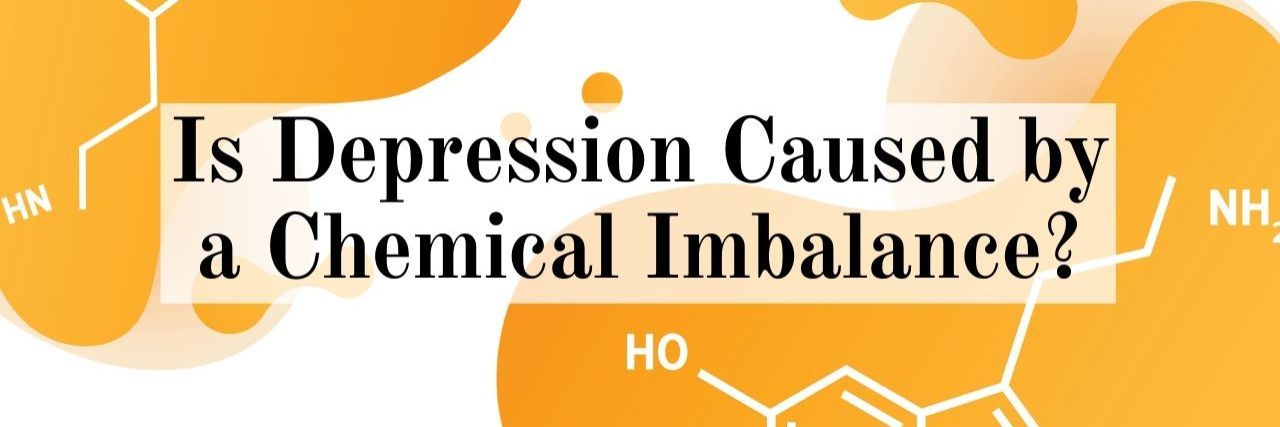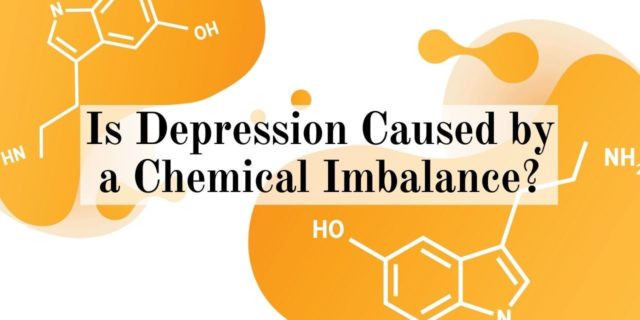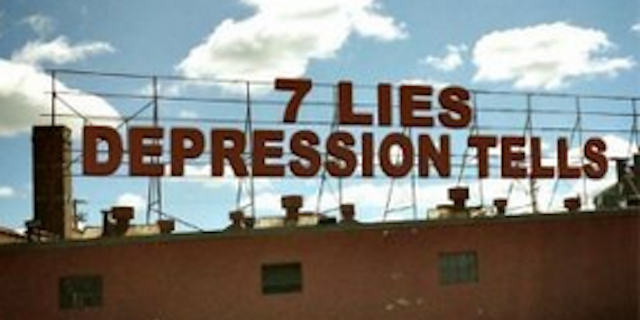What is depression?
Depression is a psychological disorder that can cause feelings of sadness and a loss of motivation. People who live with depression may lose interest in activities they once enjoyed. Depression can have a negative effect on your day-to-day functioning, and the symptoms will vary from person to person. Treatment for depression is usually effective.
What are the symptoms of depression?
Depression symptoms vary and may include any of the following:
- Sadness
- Loss of excitement or interest in previously enjoyed activities
- Unexplained weight loss or gain
- Sleep disorders such as sleeping too much or not enough
- Reduced energy
- Restless behavior such as fidgeting or pacing
- Difficulty concentrating
- Feelings of worthlessness, guilt, and shame
- The urge to harm oneself or suicidal ideation
If you're experiencing signs of depression, speak to your healthcare professional
What causes depression?
Various risk factors make individuals more likely to develop depression, including biochemistry, genetics, personality, and even environmental factors. The makeup of certain chemicals in the brain can contribute to your likelihood of developing depression. Those who have immediate family members with depression are more likely to develop depression, given that it has a genetic tendency. People with certain personality traits such as low self-esteem or those who are easily overwhelmed by stress are more likely to develop depression than others. Some environmental factors may also contribute to a depression diagnosis, such as violence, abuse, or poverty.
How do you treat depression?
Most people can find some degree of relief by using one of the following treatment methods for depression. Depression may be treated with medications, psychotherapy, or medical procedures. Providers should test individuals for thyroid issues and vitamin deficiencies before diagnosing depression or prescribing antidepressants. These treatable conditions can cause symptoms similar to those of depression. Medications prescribed for depression include SSRIs, antidepressants, anxiolytics, and antipsychotics. Therapies such as cognitive behavioral therapy and psychotherapy can also be effective methods for treating depression. In some extreme cases, providers may use medical procedures such as electroconvulsive therapy to treat depression. This procedure involves sending shock waves through the brain to trigger seizure-like activity.
The Power of Online Support Groups for Depression
Living with depression can quickly become overwhelming, and many people feel they don’t have anywhere to turn. But you’re not alone. Online support groups for depression create a safe space to connect with others who understand what you’re going through.
Treatment options like medications and counseling services can be effective, but may not provide the full support you need. Often, it helps just to know that we’re not alone in our experiences. With The Mighty’s online support group for depression, you’ll gain access to helpful tips from others living with depression, stories of people overcoming tough times, and advice for navigating your day-to-day life.
When you have access to the right depression resources, you have the tools you need to build a life you love. From tips on navigating depression symptoms to the latest news in depression research, The Mighty’s online community can help you find the strength to cope.
Build Connections for Coping
Online depression support groups enable you to connect with others at different stages of their journeys. Joining an online support group empowers you to learn from your peers, share your own experiences, and feel like a part of something larger than yourself.
Growing through shared experiences is what life is all about. With the Mighty, you can connect on a local or national level with people just like you. Join our online support group for depression today!







